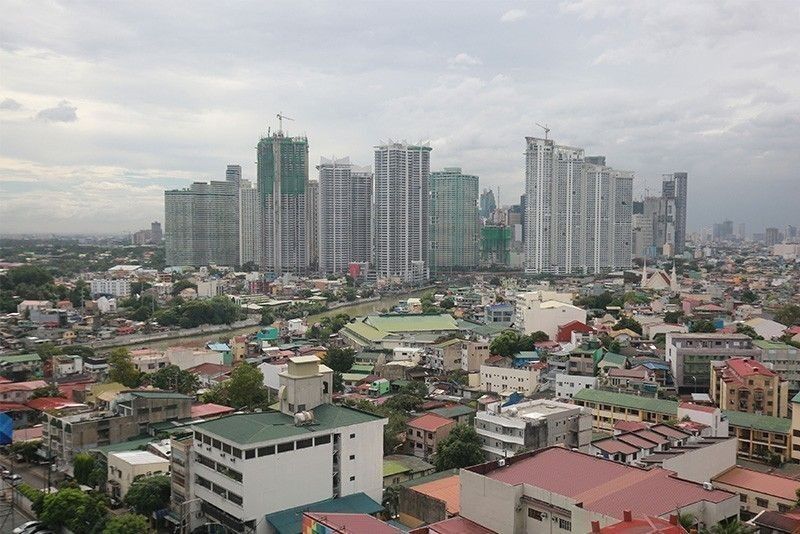Economy seen to contract in Q2

MANILA, Philippines — The Philippine economy may be headed toward a sharp contraction in the second quarter as the Luzon-wide community quarantine puts a damper on consumption growth, according to London-based think tank Capital Economics.
In a research brief titled “Philippines: More easing to come from the BSP,” the firm projected slower growth in the first quarter, followed by a steep contraction in the second quarter, a less severe contraction in the third and a strong recovery in the fourth quarter of the year.
“Overall, we expect a sharp contraction in economic activity next quarter and for the economy to barely grow at all in 2020 as a whole,” Capital Economics said.
This grim outlook is based on the assumption that the outbreak will prevail in the coming months and the country’s main island of Luzon will remain under strict community quarantine and such measures will be extended nationwide.
“People living in the island of Luzon in the Philippines (which produces over 70 percent of the country’s GDP) have been ordered to stay home except to shop for essential goods and to travel to work. These measures will probably be extended to the whole country soon and it seems they will remain in place in some form for at least the next couple of months. Consumption, the main driver of the economy, is set to slump,” the firm said.
Other than consumption, the drag on tourism – which makes up 2.5 percent of the country’s GDP – is also set to worsen as many countries close their borders to international visitors.
Even if the country is not overly reliant on trade for growth, prospects for exports have dimmed significantly as a deep global recession is now becoming more likely this year.
“We are now forecasting a deep global recession, with world GDP set to fall by one percent this year, which would be sharper than during the global financial crisis. While the Philippines is less trade dependent than most in the region, a sharp drop in exports would still weigh heavily on growth. Foreign direct investments and remittances are also likely to be hit hard,” said Capital Economics.
To support the economy during the pandemic, the Bangko Sentral ng Pilipinas (BSP) slashed policy rates by 50 basis points (bps) on Thursday.
BSP Governor Benjamin Diokno said the Monetary Board decided to implement a larger-than-expected cut in its benchmark rates as an “assertive reduction” meant to address disruption to industries.
Capital Economics said the BSP can be expected to slash rates further, with an emergency rate cut needed before its next meeting in May.
“As such, it is unlikely to be long before the BSP is forced to ease policy again. We suspect an emergency rate cut will be needed before its next meeting on May 21. Overall, we are pencilling in 125 bps of additional easing, bringing the policy rate down to two percent by the middle of the year,” it said.
“It also looks likely that central bank will use other tools to help the financial sector and businesses that are being hit hard,” Capital Economics said.
- Latest
- Trending




























